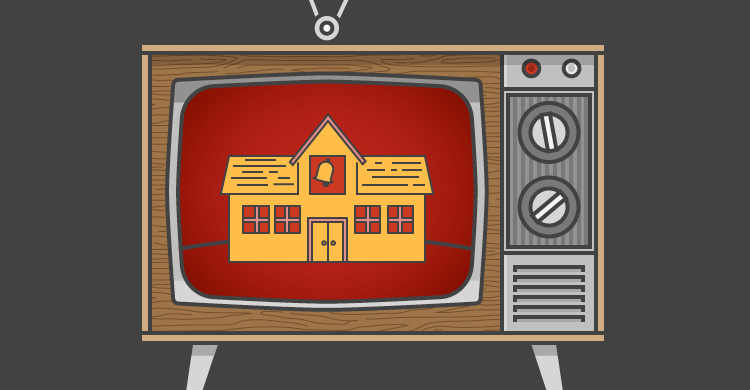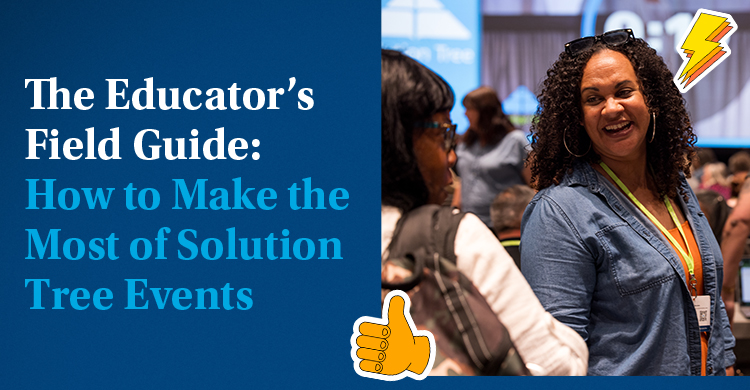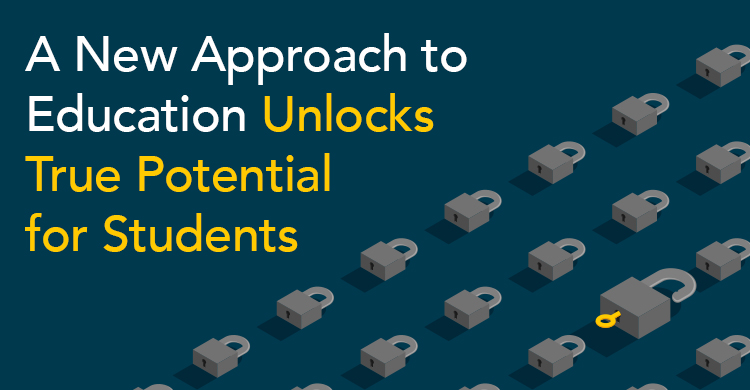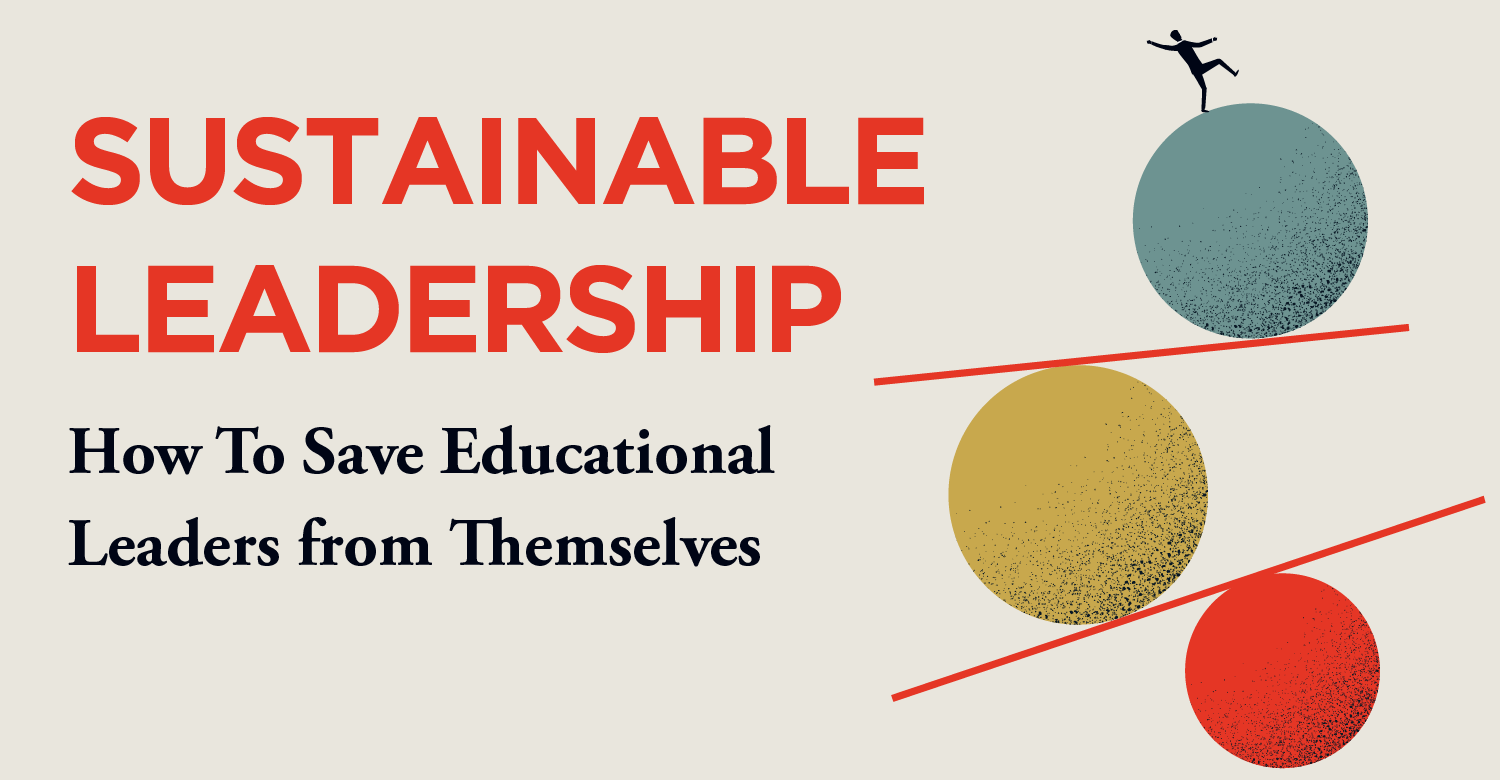This post is part of a series on In Praise of American Educators (And How They Can Become Even Better).
I recently had the privilege and honor of reading Rick DuFour’s upcoming book, In Praise of American Educators (And How They Can Become Even Better). There were so many concepts and so many sentences that struck me and made me realize how deep-seated some of our educational concerns are. This was especially true when DuFour wrote “a cursory glimpse of the headlines demonstrates that Americans were constantly being reminded that when it came to education, these were indeed desperate times.”
Having been born and raised in Toronto, Canada, I never really thought about the relationship between the media and education. I graduated from the Peel District School Board and then had the privilege of teaching in that school system as well. I never linked media with education – until I moved to the United States. It wasn’t until my brother came down to visit me in Atlanta and was watching the news that he said, “Wow – why are schools always on the news?” A fight breaks out in the high school cafeteria – that’s on the evening news. A teacher hands out bibles to her class – that’s on the evening news. A teacher stops a child from eating lunch because it wasn’t healthy – that’s on the evening news. A principal changes students’ grades – that’s on the evening news. A teacher is fired for making students tell the class why they all disliked a particular student – that’s on the evening news. A principal is fired – that’s on the evening news. Now I am not supporting these events; what I am questioning is if they are really news worthy.
Rick DuFour does a great job in comparing education in the US to education in other countries such as Finland. This made me remember a recent trip I took to India. While there, I watched the news every night. Never once did I see anything about schools on the news. Mistakes are made in every profession. People are let go in every organization. Why are those same incidents that occur in school systems so public? Now sure one can argue that it is because educators are held to a higher standard but that is the case in all other countries as well. In fact, educators in countries like Japan and China are held to such a high standard that the thought of publicly embarrassing or shaming them in the media is unheard of. Those incidents are dealt with privately and any parents impacted directly are contacted. Think of the impact that these “negative” stories about our public education have on our entire education system.
One of the things I enjoyed about Rick DuFour’s book is how he presents solutions and that they are doable! We can’t wait for others to make change for us—we need to make the change ourselves. With this in mind, think of the following questions in your administrative/leadership teams. How can we work with our media to help us rather than hurt us? As a school leader, how can we build relationships with our media contacts to ensure positive publicity? How can we promote those positive stories and positive accolades? How can we encourage our local media to avoid publicizing those negative school related stories? I couldn’t agree more that our teachers, assistant principals, principals and superintendents are working harder than ever—as a society, let’s show all our educators the respect they deserve. After all, our future lies in their hands!
[author_bio id=”160″]






